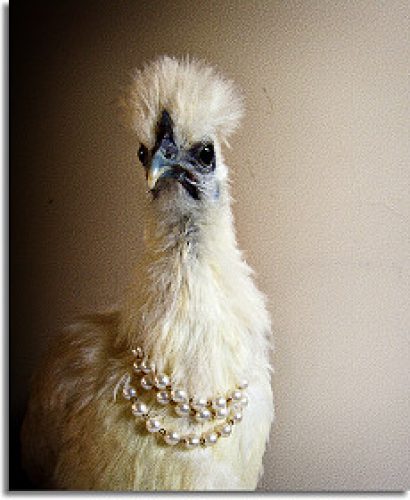I’ve been mid-book since my addiction began at age four and I pray to have a TBR stack until the moment I die. On that heap I want it all: pounding plots, the wow of discovery, the comfort of recognition, and astounding characters. If I’m lucky, some will have all of the above. Whichever book I’m holding, I don’t want to be judged or lauded for it and I don’t want to shelve my books by race, class, or gender.
Tayari Jones, writing to fellow authors about the stratification of literature, said it very well: ‘other writers do not deserve your scorn.’ In the spirit of writer/reader heal thyself; I’m going to work on remembering those words. There’s room for all in the big tent of reading.
At about age ten, I began crafting my library checkouts, hoping I’d look smart. I’d balance my Nancy Drew with a biography of Abraham Lincoln so the librarian thought well of me. (It seems my self-esteem problem enacted early.)
There are times when writers (raising hand) all seem to be versions of that 10-year-0ld me.
Not a month ends, or so it seems, without the battle of literary fiction being weighed against commercial fiction, which might then spit on genre, often with writers feeding on their own. And women’s fiction? Who even knows what it is, right?
(above text from Accidents of Marriage)
Many writers and reviewers deny the claim that newspapers ignore women and non-white writers and unfairly categorize mainstream novels (a topic well-examined by Roxanne MtJoy and Michelle Dean) asserting that they’re simply reviewing superior fiction, which quickly devolves into another fight of literary fiction versus commercial work, which then becomes tainted with the construct of healthy peas and carrots books versus sinful bad-for-you ice cream reads.
Michelle Dean writes far better than I could on the danger of, as eloquently put by Nigerian writer Chimamanda Ngozi Adichie’s, “The Danger of A Single Story,” noting, “the silencing and devaluing of those voices has consequences, particularly when it tends to happen disproportionately to certain populations.
People ask me to categorize my work, but I can’t. The media has treated me well. I’ve been told I’m everything from commercial to women’s, to literary fiction. (And let’s not forget the all-new “upmarket fiction.”) Trust me, I know when I’m being complimented and when I’m being scorned.
I’ve read Franzen, Haigh, King, and Picoult. I turn to the right, look at my bookcase, and see Ann Patchett, EB Moore, Gail Caldwell, Lola Shoneyin, Julie Klam, Catherine McKenzie, Robin Black, Kim McLarin, Paul Theroux, Elizabeth McCracken, Renee Swindle, Ernessa Carter, People, Poets & Writers, Carleen Brice, Jenna Blum, Ann Bauer, M.J. Rose, Nichole Bernier, Juliette Fay, Charles Dickens, Larry McMurty, Vincent Lam, Liane Moriarty, Julie Wu, Alexander Smith, Bill Roorbach and Saira Shah. (They’re getting along very well, thanks for asking.)
It saddens me seeing writers buy into a class war. Lit looks down on commercial, who look down on genre, who eschew whatever’s lower on the literary food chain.
Some argue that commercial books find their audience, only literature needs reviewing—but how does that answer the male/white tipping of review scales? How does that take into account mid-list graveyards, marketing bonanzas and being hit by the pretty stick? It seems a specious and power-retaining argument. Independent films survive even as reviewers include commercial films in their wheelhouse.
In a time when black writers are shunted to an African-American section, when men are deemed artists and women crafters, when science fiction and thrillers are better covered than woman-identified historical fiction, and romance is relegated to the deepest closet of shame reads, then the commercial-lit divide becomes nastily entwined within a gender and racial writing divide. Coloring this is the character versus plot battle, well described by author Chris Abouzeid in his post, “The Decomposition of Language.”
“Of course, a skilled hand will always make a story more enjoyable. And if you can do it in a manner that’s never been done before, all power to you. But let’s not fool ourselves. There will be stories told in the clumsiest, most conformist, even trite manner imaginable that will endure longer than most of our beautiful sentences. There will be tales we’ve heard a hundred times before that will thrill us simply because the circumstances are different, or the characters are new, or the times have changed. Maybe language will be part of that difference. But if not, it doesn’t matter. In the decomposition of literary bodies, words are the first to go. What’s left is the enduring beauty of story.”
(Originally Published in 2015)



